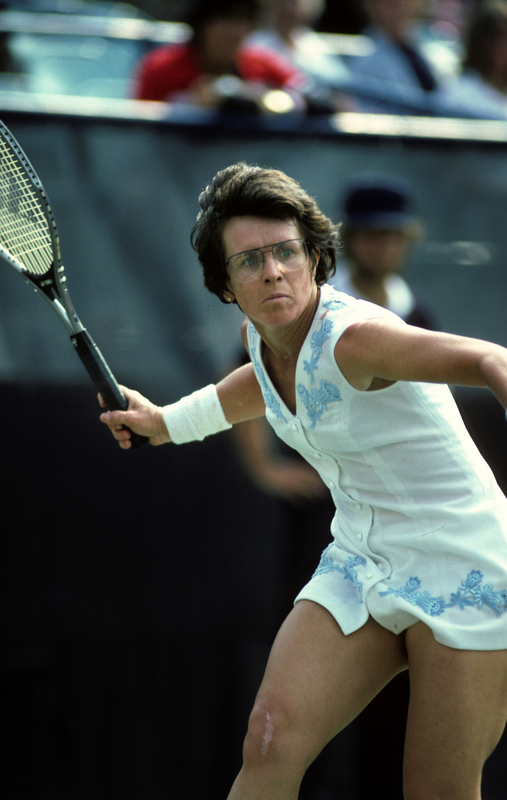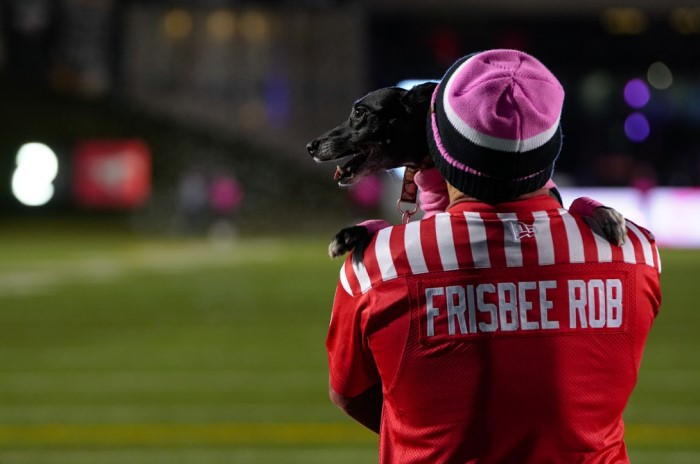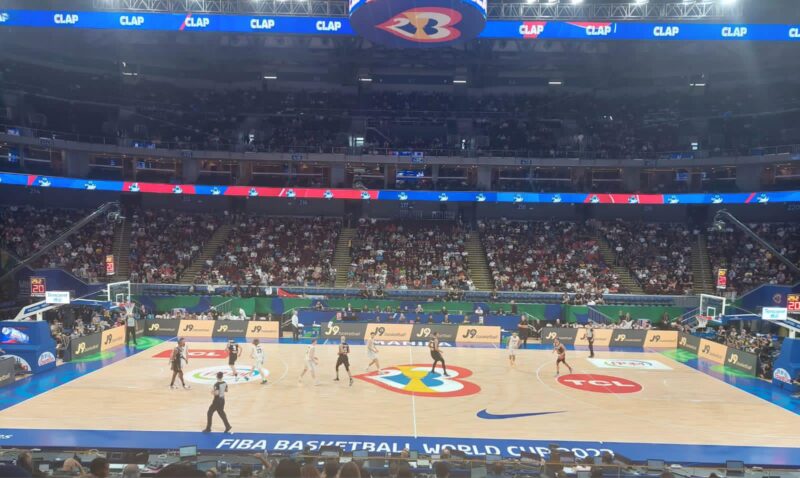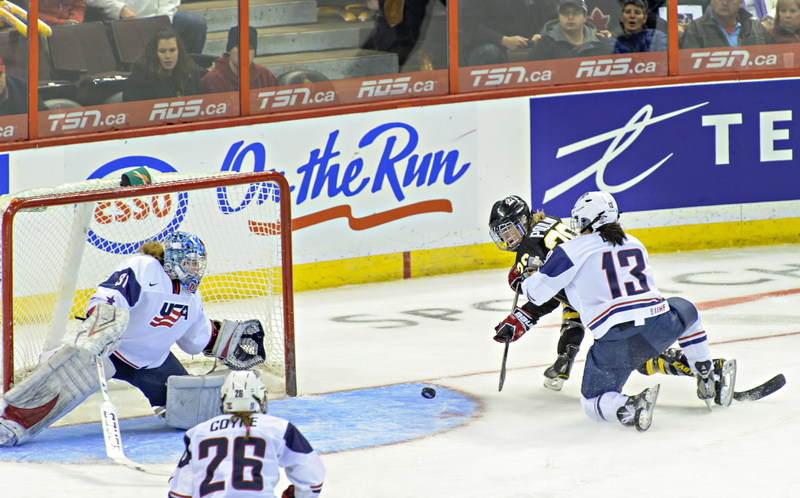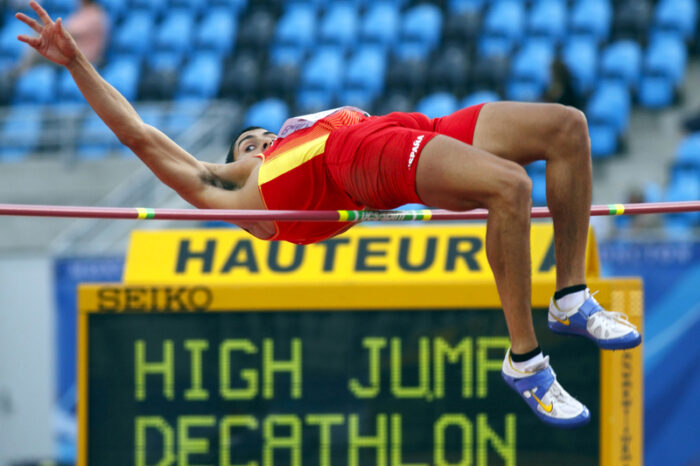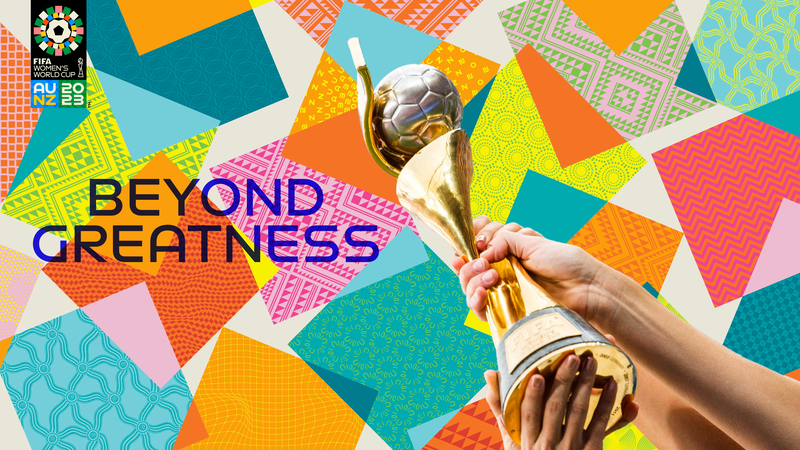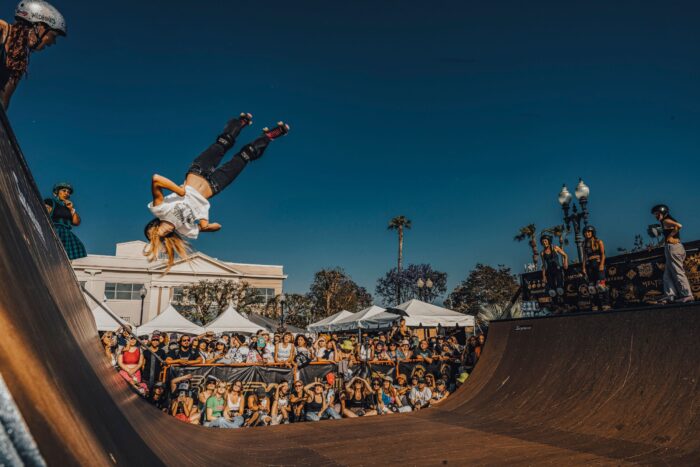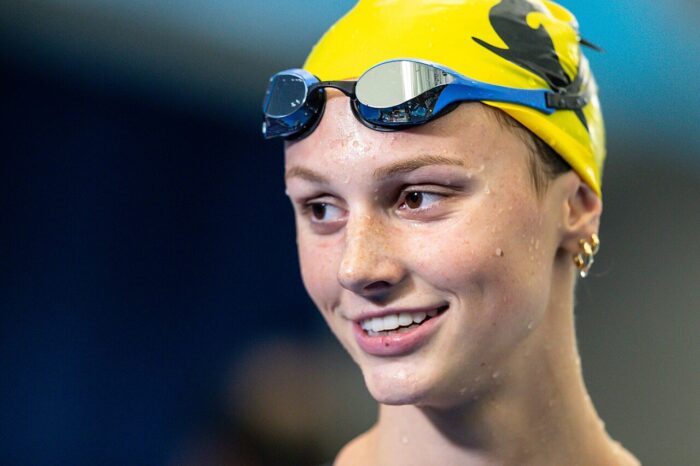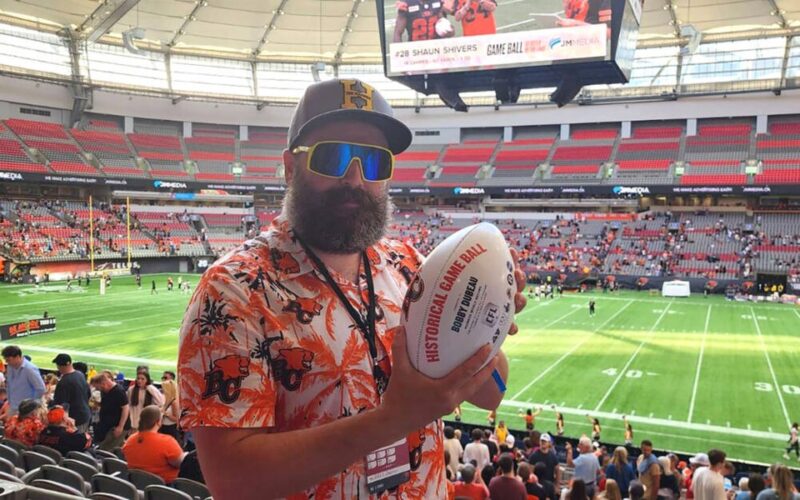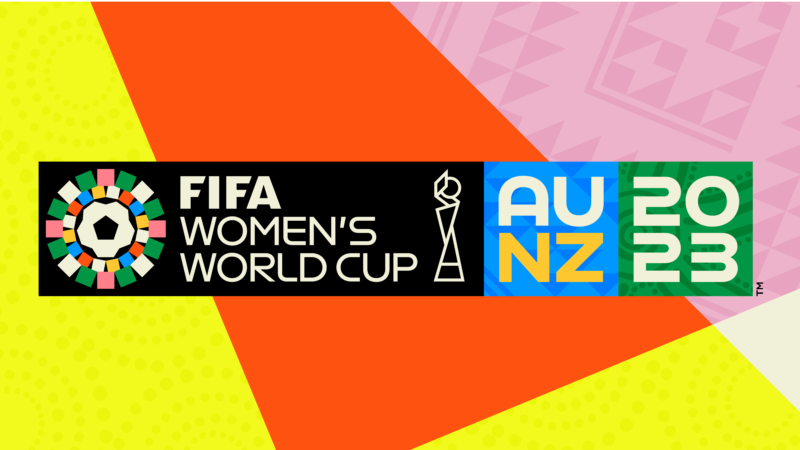A month ago, the Girls Only Summer Skate Sessions started at the Grand Ravine Community Centre in Toronto. The sessions are free and partly funded by the city of Toronto. Many girls are taking advantage of the chance to learn skateboarding for the first time. Why for the first time? Since it really took off as a sport in the 1970s, skateboarding culture has been dominated by boys and men. This can make it difficult for girls to feel accepted in a skate park or among other skaters.
That's why it's great to report that these new sessions in Toronto are just the tip of the iceberg for girls who want to skate. Not only in North America, but also around the world.
The heroes
It helps that girls can now look up to a whole collection of skating pros who aren't bros. Elissa Steamer was the first female skateboarder to turn pro in 1995. Today, the competition in women's skateboarding is deep and challenging, full of stars like Vanessa Torres, Lizzie Armanto, and Lacey Baker. If they're not household names yet, it doesn't really matter. That they exist and are awesome is proof enough that it can be done. See? Watch Brazil's Leticia Bufoni win Gold at the X Games in 2013!
Now all young girls need is a little extra push to boost their confidence on a deck. That's where the camps come in.
Confidence and community
The Chill Foundation is a non-profit organization with chapters all across North America, including in Boston, Chicago, LA, New York City, Vancouver, and Toronto. (They're the group that partnered with the city of Toronto to start Girls Only Summer Skate Sessions.) While the Chill Foundation helps all youth learn sports like snowboarding, surfing, and skating, they have helped to set up programs where girls can feel free to learn these sports without judgment.
"It’s more like you can feel more confident and be yourself" Kayla McClusky, 13, told the Toronto Star about such programs. "It’s an open space. You can be who you want."
The Girls + Skate 613 is a girls-only skate program in Ottawa running since 2013. Organized through Facebook, they hold regular sessions throughout the spring, summer, and fall. Meanwhile, Skate Like A Girl is a similar non-profit organization in Seattle, Washington and Portland, Oregon. It began in the nearby city of Olympia, Washington back in 2000. Many girls skating groups grow on to become groups that support causes beyond just skating, too. Brujas in the Bronx, New York, may have started as a group to support girls at the skate park, but today they attend City Council hearings, hold rallies, and work to offer support to minority groups. Across the board, young girls and women talk about how growing their own skate culture is about more than just the sport. It's about confidence and community.
Where it maybe matters most
So far, we've just looked at places in North America. But some of the best evidence of what a simple skating program can do for girls comes from a place very far from the USA and Canada.
Afghanistan.
Skateistan is the name of a skating school in Kabul, Afghanistan. It was started by an Australian skater Oliver Percovich, who was amazed by the attention he got when he skated in a park in Kabul in 2007. He quickly realized that there was an opportunity to introduce the sport to a whole new audience. Today, Skateistan operates in Afghanistan, Cambodia, and South Africa. It accepts boys and girls from ages 5 to 18. But the largest impact it has is on the girls. In Afghanistan, girls are banned from playing many sports. But because skateboarding is still seen as an activity (and not a sport), girls are allowed to participate.
From Kabul to Toronto
Coming full circle, skater Alix Buck, who used to work at Skateistan in Kabul, is now an instructor at the Girls Only Summer Skate Sessions in Toronto. As she told CBC recently, "It takes a really long time to learn tricks and it's not a sport you get good at super fast, but it's definitely worth it."
And it's clearly worth it for more reasons than one.
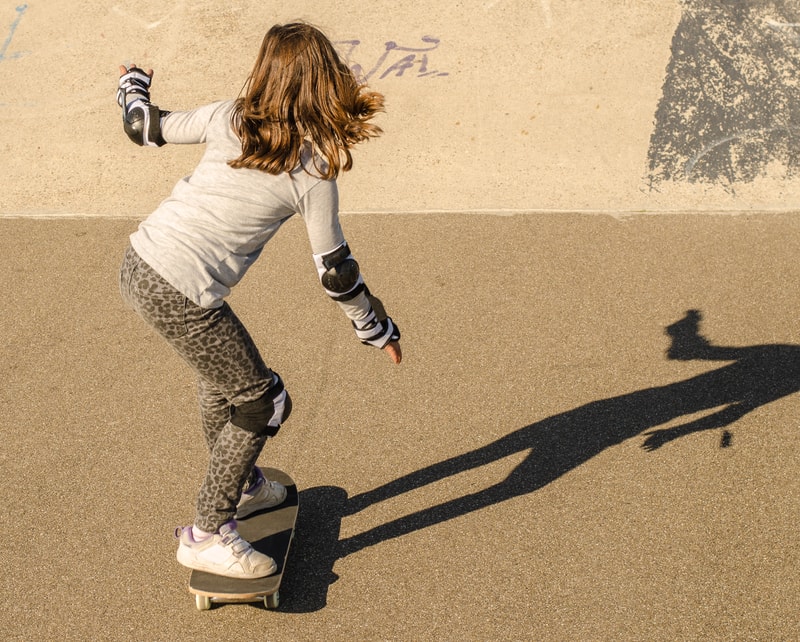 More and more, girls are being given the same chance to skate as boys. (© Sasha Samardzija | Dreamstime.com)
More and more, girls are being given the same chance to skate as boys. (© Sasha Samardzija | Dreamstime.com)
